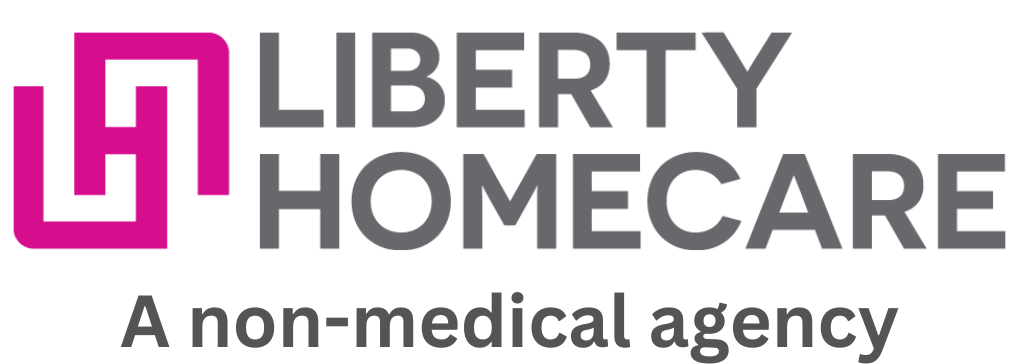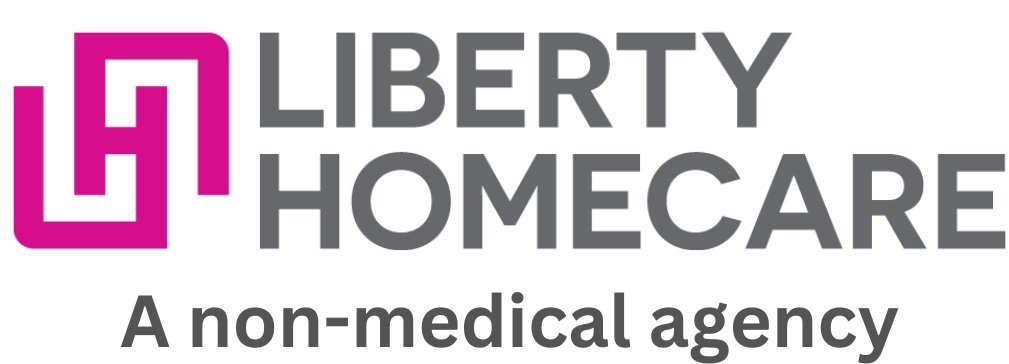
Acquired/Traumatic Brain Injury Services
Independent Living Skills Trainer (ILST): Direct care staff is able to support and improve independence in the home. Specific activities may include assessment and training in self-care, medication reminder, assistance with communication and interpersonal skills, community and general socialization, sensory/motor skills, mobility and community transportation, problem solving skills, money management, and assistance with maintaining a household.
Recovery Assistant (RA): Direct care staff is able to support and improve strengths and abilities by following therapeutic goals outlined in the participant’s plan of care. These include activities to improve socialization, self-advocacy, meal planning, housekeeping, as well as cueing and redirecting risky behaviors. Recovery Assistants can provide help with ADL’s and encourage problem solving skills.
Recovery Assistant II: Direct care staff is able to support and improve strengths and abilities through assisting each individual with non-medical assistance, including safety monitoring, cleaning, budgeting, meal preparation and general assistance with activities of daily living. Safety monitoring ensures supervision and health for participants and ensuring home care needs are met.
ABI Companionship: Non-medical care, supervision, and socialization provided in accordance with a therapeutic goal included in the service plan. May assist with or supervise such tasks as meal preparation, laundry, or light housekeeping tasks that are incidental to the care and supervision of the individual.

